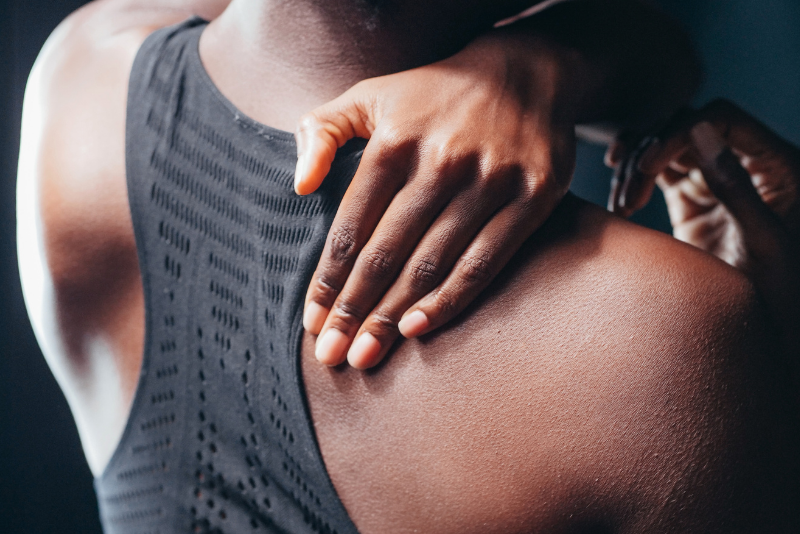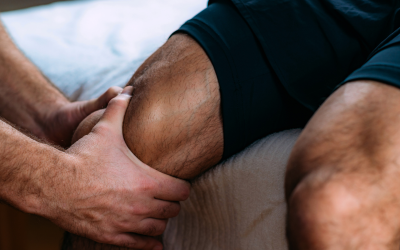Back Pain Treatment with Tennessee Orthopaedic Alliance
Back pain is one of the most common reasons people seek medical care. While some cases are mild and resolve on their own, others can linger and interfere with daily life. Two of the most frequent causes of back pain are muscle strains and herniated discs. Although the symptoms may seem similar at first, these conditions are distinct and require different treatment approaches. At Tennessee Orthopaedic Alliance in East Tennessee, we help patients understand the source of their pain, enabling them to find the right path to relief.
What Is a Muscle Strain?
A muscle strain happens when the muscles or tendons in your back are overstretched or torn. This often occurs after lifting something heavy, twisting suddenly, or overworking the muscles during exercise. The pain from a strain usually feels localized, meaning it stays in the area of the injury. Many patients describe it as a sore, aching, or tight sensation that worsens with movement. Muscle strains may also cause stiffness and muscle spasms, but they generally improve within a few weeks with rest, physical therapy, and conservative care.
What Is a Herniated Disc?
A herniated disc occurs when one of the discs between the vertebrae in your spine slips out of place or ruptures. These discs act as cushions, and when the soft inner material pushes through the outer layer, it can press on nearby nerves. Unlike a muscle strain, the pain from a herniated disc often radiates. For example, a herniated disc in the lower back may cause sharp, shooting pain down the leg, a condition known as sciatica. Patients may also experience numbness, tingling, or weakness in the arms or legs, depending on the location of the disc problem.
How Can You Tell the Difference Between a Strain and a Herniated Disc?
It can be challenging to distinguish between the two without a medical evaluation. However, some signs may help guide you. Muscle strain pain is usually limited to the affected area and tends to improve with rest. Herniated disc pain, on the other hand, often radiates into the arms or legs and may worsen when sitting, coughing, or sneezing. If your pain is accompanied by numbness, tingling, or weakness, it is more likely related to a nerve issue such as a herniated disc.
When Should You See a Doctor for Back Pain?
If your back pain is severe, lasts longer than a few weeks, or is accompanied by symptoms such as leg weakness or loss of bladder control, it is essential to seek medical attention immediately. TOA’s orthopedic specialists use advanced diagnostic tools to determine whether a strain, a herniated disc, or another spinal condition is causing your pain. From there, we create a personalized treatment plan that may include physical therapy, medication, injections, or, in rare cases, surgery.
Why Trust TOA East Tennessee With Your Spine Care?
Back pain can disrupt every part of your life, but the correct diagnosis and treatment can make all the difference. Our team of spine specialists is dedicated to helping patients find relief and return to the activities they enjoy. With comprehensive care and a patient-centered approach, we guide you from diagnosis through recovery, so you can move forward with confidence. Reach out for more information on becoming a patient.




